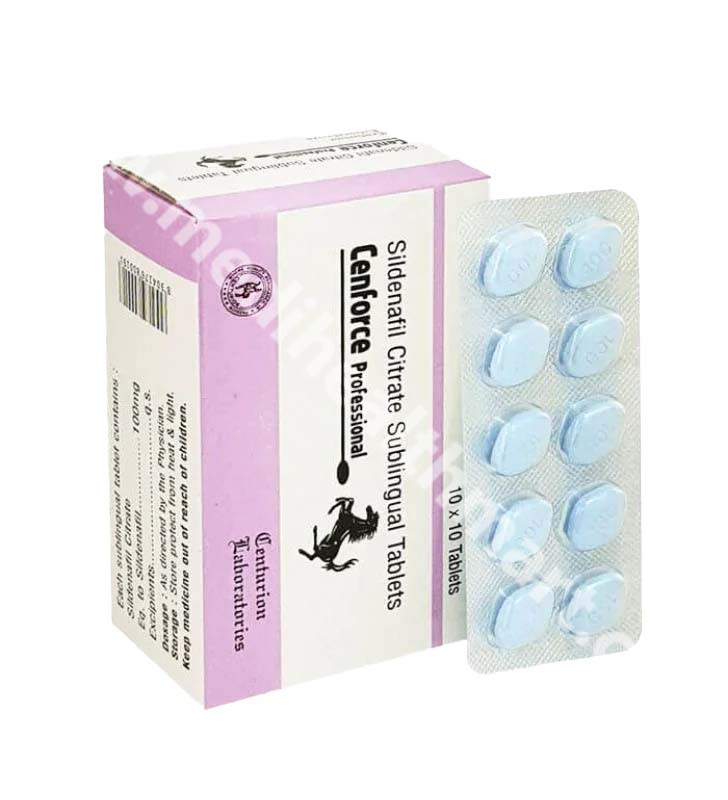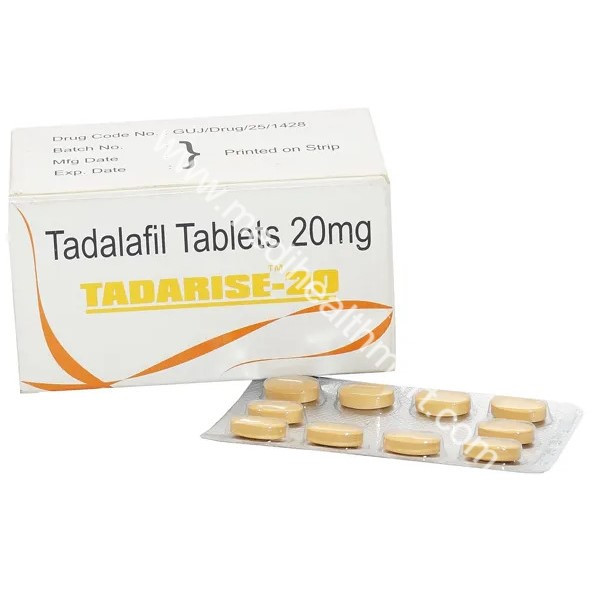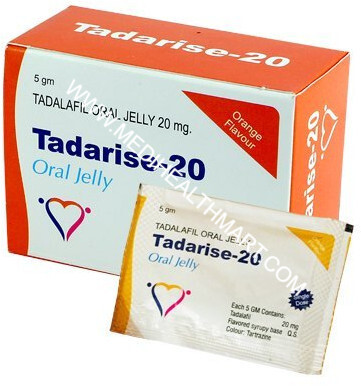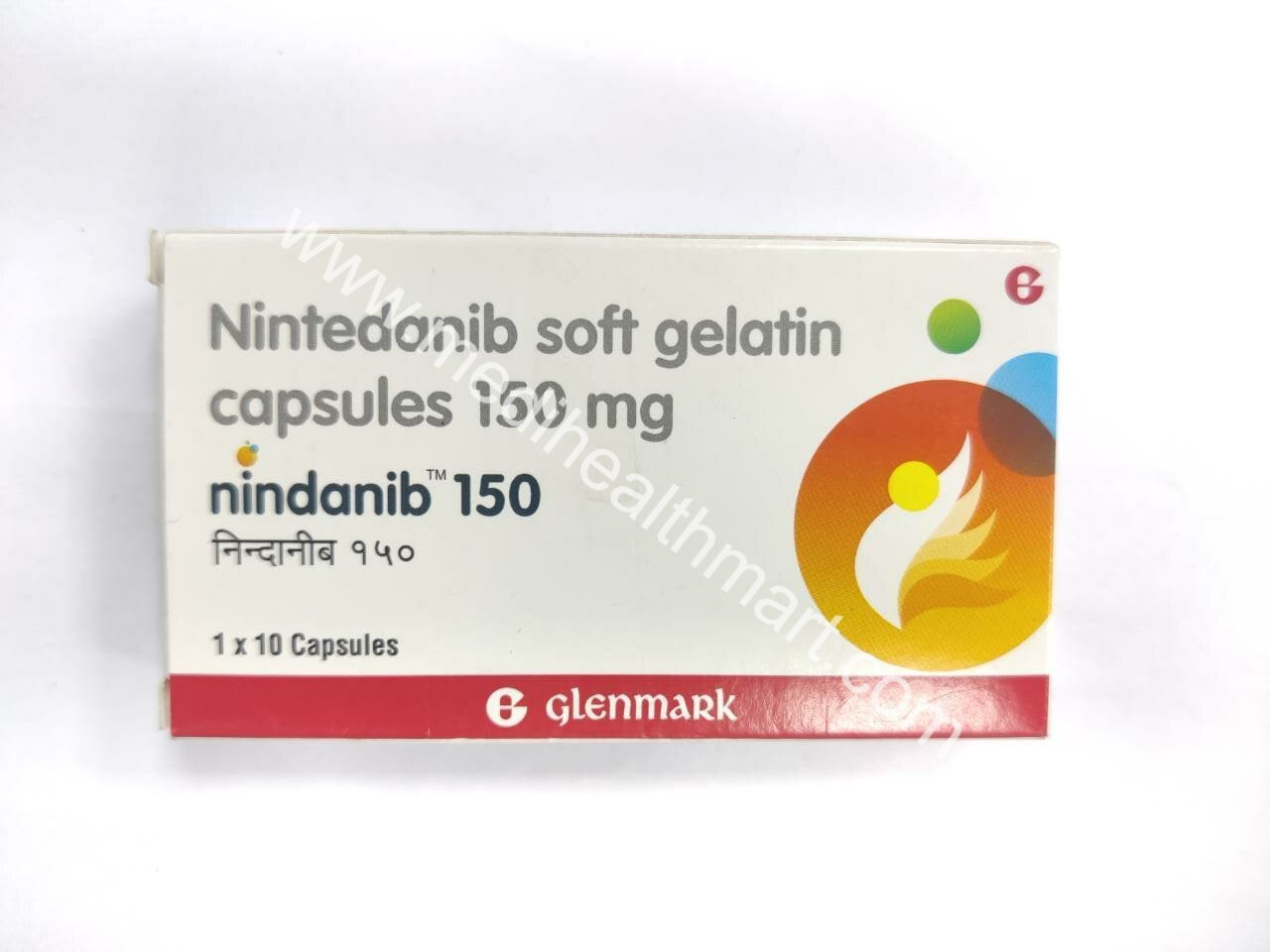

Erypeg 100
Erypeg 100 mcg is an advanced pegylated recombinant human erythropoietin injection used for the treatment of anemia associated with chronic kidney disease (CKD), including both dialysis and non-dialysis patients. Pegylation (attachment of polyethylene glycol) gives the molecule a longer half-life, allowing for less frequent dosing compared to conventional erythropoietins.
Erythropoietin is a naturally occurring hormone produced by the kidneys that stimulates red blood cell production in the bone marrow. In CKD patients, the kidney’s ability to produce erythropoietin is compromised, leading to anemia. Erypeg compensates for this deficiency, restoring hemoglobin levels, improving oxygen transport, and reducing the need for blood transfusions.
Erypeg 100 mcg is administered as a subcutaneous injection, usually every 2 to 4 weeks, depending on patient response and clinical needs.
Uses of Erypeg 100 mcg
✅ Anemia in Chronic Kidney Disease (CKD) — both in patients on dialysis and those not on dialysis
✅ Maintenance of Hemoglobin Levels — to avoid transfusions and improve quality of life
✅ Long-Acting Erythropoietin Option — for patients needing fewer injections compared to short-acting ESAs
Key Benefits
-
Extended dosing interval: Thanks to pegylation, injections can be spaced weeks apart.
-
Reduces transfusion needs: Maintains adequate hemoglobin, decreasing the need for blood transfusions.
-
Improves patient energy and functioning: Alleviates symptoms of anemia like fatigue, weakness, and shortness of breath.
-
Effective in dialysis and non-dialysis CKD: Suitable across a wide spectrum of CKD patients.
How Erypeg Works
Erypeg contains pegylated recombinant erythropoietin beta, which mimics the natural erythropoietin hormone but with a prolonged circulation time due to pegylation. It binds to erythropoietin receptors on precursor cells in the bone marrow, stimulating red blood cell production and correcting anemia.
Because of its long half-life, Erypeg offers the convenience of less frequent injections (every 2–4 weeks), improving adherence and patient satisfaction.
-
$0.00 - $0.00
-
$98.00 - $98.00
-
$0.00 - $0.00
-
$0.00 - $0.00
-
$0.00 - $0.00
-
$0.00 - $0.00
Reviews & Ratings
Erypeg 100 mcg is an advanced pegylated recombinant human erythropoietin injection used for the treatment of anemia associated with chronic kidney disease (CKD), including both dialysis and non-dialysis patients. Pegylation (attachment of polyethylene glycol) gives the molecule a longer half-life, allowing for less frequent dosing compared to conventional erythropoietins.
Erythropoietin is a naturally occurring hormone produced by the kidneys that stimulates red blood cell production in the bone marrow. In CKD patients, the kidney’s ability to produce erythropoietin is compromised, leading to anemia. Erypeg compensates for this deficiency, restoring hemoglobin levels, improving oxygen transport, and reducing the need for blood transfusions.
Erypeg 100 mcg is administered as a subcutaneous injection, usually every 2 to 4 weeks, depending on patient response and clinical needs.
Uses of Erypeg 100 mcg
✅ Anemia in Chronic Kidney Disease (CKD) — both in patients on dialysis and those not on dialysis
✅ Maintenance of Hemoglobin Levels — to avoid transfusions and improve quality of life
✅ Long-Acting Erythropoietin Option — for patients needing fewer injections compared to short-acting ESAs
Key Benefits
-
Extended dosing interval: Thanks to pegylation, injections can be spaced weeks apart.
-
Reduces transfusion needs: Maintains adequate hemoglobin, decreasing the need for blood transfusions.
-
Improves patient energy and functioning: Alleviates symptoms of anemia like fatigue, weakness, and shortness of breath.
-
Effective in dialysis and non-dialysis CKD: Suitable across a wide spectrum of CKD patients.
How Erypeg Works
Erypeg contains pegylated recombinant erythropoietin beta, which mimics the natural erythropoietin hormone but with a prolonged circulation time due to pegylation. It binds to erythropoietin receptors on precursor cells in the bone marrow, stimulating red blood cell production and correcting anemia.
Because of its long half-life, Erypeg offers the convenience of less frequent injections (every 2–4 weeks), improving adherence and patient satisfaction.
Frequently Brought Products
-
$0.00 - $0.00
-
$98.00 - $98.00
-
$0.00 - $0.00
-
$0.00 - $0.00
-
$0.00 - $0.00
-
$0.00 - $0.00








